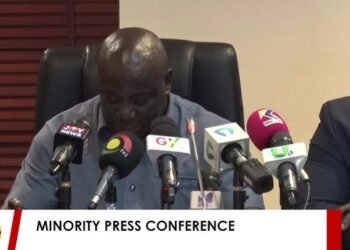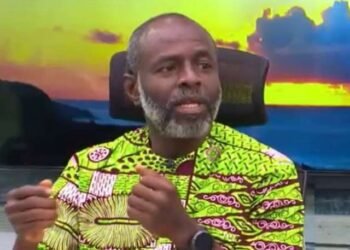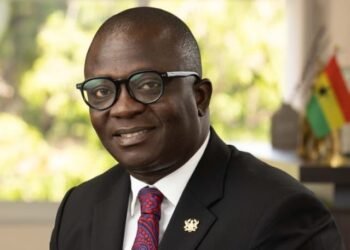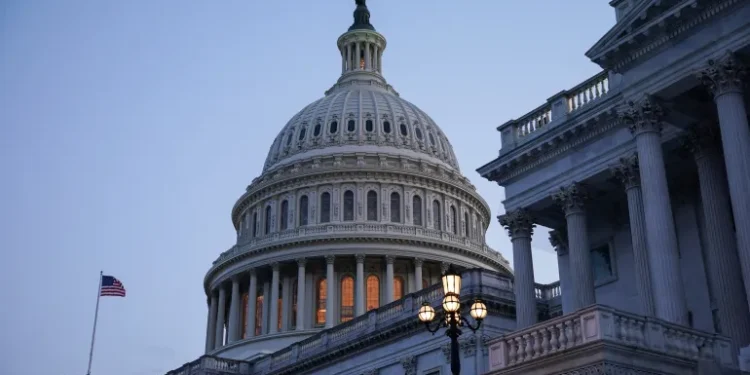Fellow of the Ghana Center for Democratic Development (CDD) Mr. Kwame Sarpong Aseidu, has delivered a scathing critique of the government’s Agenda 111 project as a misguided calculation in meeting the health needs of Ghanaians.
The ambitious initiative, which aims to construct 111 hospitals across Ghana, has faced skepticism since its inception.
In his analysis, Mr. Aseidu highlights its financial impracticality, misaligned priorities, and failure to address the core challenges of Ghana’s healthcare system.
Meanwhile, at the height of the COVID-19 pandemic, the government unveiled Agenda 111 as a bold plan to expand healthcare infrastructure.
“I did this mathematics, this is not even mathematics. It’s simple arithmetic,” he said, reflecting on the financial demands of the project.
“When I pointed out that based on the promises in the NPP manifesto, they needed GHS13.6 billion, I was told it was inaccurate. Meanwhile, they knew that they needed GHS7.5 billion to finish agenda 111- they deliberately gaslighted us.
“Even when you sit down and do the math, they will tell you it’s a lie, and when you finish, they would turn out and tell you we would bring the correct number and up to this date.”
Mr. Kwame Sarpong Aseidu CDD Fellow
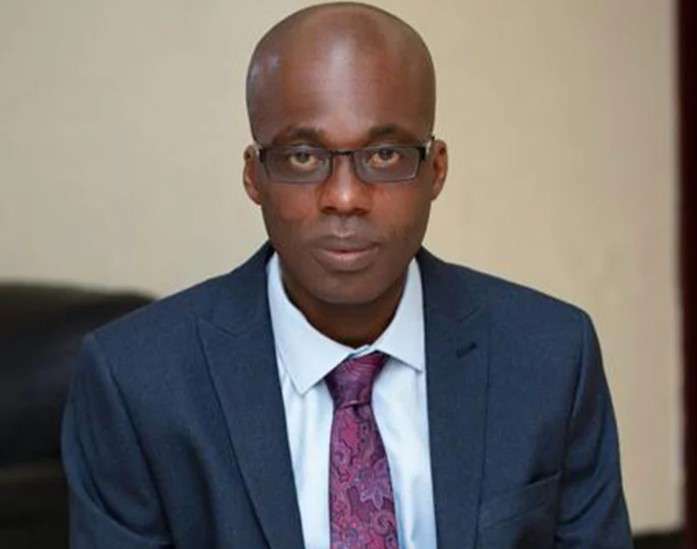
Mr. Aseidu further suggested that the announcement of Agenda 111 was politically motivated, serving as a vote-winning strategy during an election year.
Mr. Aseidu challenged the premise that Agenda 111 was designed to address Ghana’s pressing healthcare problems.
According to Mr. Aseidu, reports such as the Health Facilities Assessment Report and the Demographic and Health Survey have outlined Ghana’s healthcare needs in detail.
“Why do we commission all these reports, get the outcomes of these reports, and decide to do something different from what it says?”
Mr. Kwame Sarpong Aseidu CDD Fellow
Mr. Aseidu drew attention to key findings from the reports, highlighting critical gaps that Agenda 111 fails to address.
“95% of our district hospitals lack basic equipment for accurately diagnosing patients, which means only 5% are adequately equipped.
“We haven’t retooled our health system in over a decade. It also says we don’t have basic things like oxygen in many of our district hospitals. It tells us the problems with our antenatal and delivery systems. And how was Agenda 111 going to fix them?”
Mr. Kwame Sarpong Aseidu CDD Fellow
These gaps, Mr. Aseidu argued, highlight the misalignment between Agenda 111 and the actual needs of Ghana’s healthcare system.
Minimal Progress Despite Heavy Investment

However, Agenda 111 is supposed to be the biggest initiative in healthcare delivery in Ghana’s history, and it should have been done by now, but it is the end of the year, and just three hospitals have been commissioned.
Mr. Aseidu also highlighted the significant financial resources already sunk into the project. He emphasized;
“Between GHS251 million and GHS300 million has been invested in Agenda 111, but how much of that has gone into fixing these problems?”
Mr. Kwame Sarpong Aseidu CDD Fellow
He concluded by calling for a shift in focus from large-scale hospital construction to addressing the pressing needs identified in Ghana’s healthcare reports.
Mr. Aseidu’s analysis underscores the importance of aligning healthcare initiatives with empirical evidence and identified priorities.
While Agenda 111 may have been announced with fanfare, its execution and alignment with Ghana’s healthcare needs remain questionable.
For Ghana to achieve meaningful improvements in healthcare delivery, policymakers must prioritize addressing the systemic issues outlined in existing reports rather than embarking on politically expedient projects.



